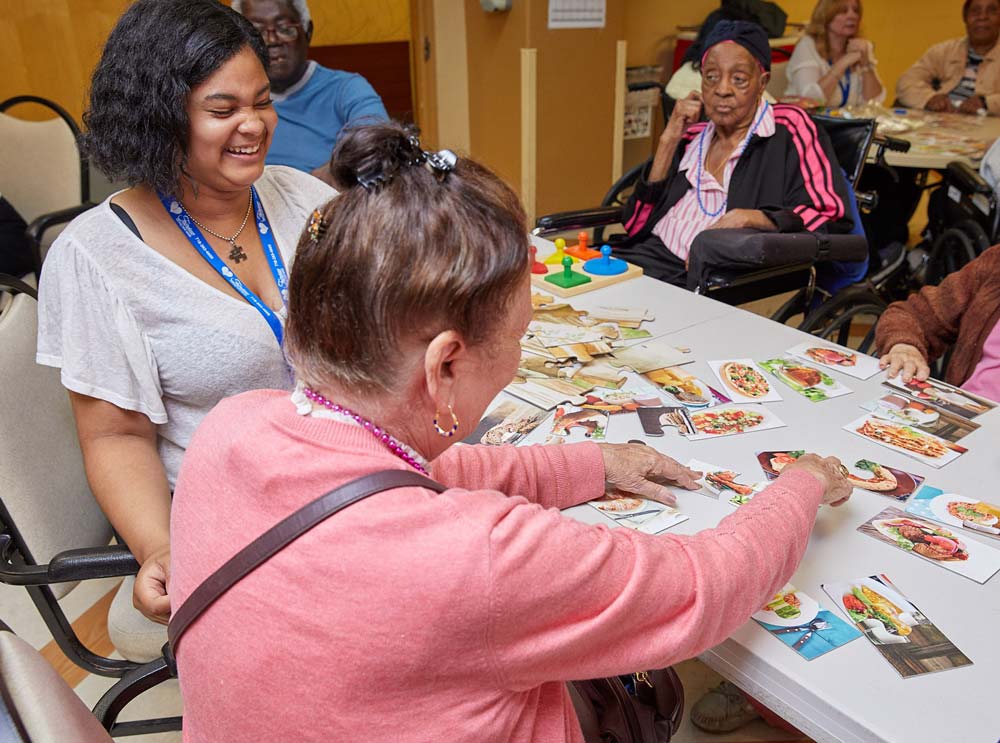5 Common Causes of Cognitive Decline
After age 30, the brain begins to decline, slowly losing some of its functions. Though this is normal, for some people the decline is more rapid, leading to more severe cognitive issues. The main reason for such issues is that there are multiple common causes of cognitive decline.
Though you can’t halt the reduction in brain activity, it is possible to reduce how quickly your brain ages. The majority of the factors that speed up cognitive decline are self-inflicted. Adopting healthy lifestyle and habits, engaging in health education are effective ways to preserve brain health and manage this neurological condition.
The following are the factors that can cause cognitive decline.

5 Common Causes of Cognitive Decline
Brain health is essential, but like the rest of our functions, it diminishes over time. You can’t halt it altogether, though it may be beneficial to know what’s causing the most damage.
- Stress
One of the most harmful factors that influence cognitive function is stress. Everyone experiences stress at some point, though for some, it is infrequent. Chronic stress, on the other hand, can be much more harmful.
Consistently high stress levels cause over-activity in some areas of the brain while reducing connections in others. Those lost connections reduce brain function, aging your brain long before its time.
- Hypertension
The findings of a long-term study indicate a significant correlation between hypertension and cognitive decline, highlighting the crucial role of high blood pressure medication in preventing such decline.
- Poor lifestyle habits
This is another one of the main factors influencing cognitive function. Though physical activity keeps your body strong, it also affects your brain. Leading a sedentary lifestyle reduces the health of both areas. Poor diet also contributes to this issue since you aren’t getting the nutrients needed for a healthy body and mind.
- Lack of sleep
Sleep boosts your physical health, though we don’t all have the best habits in this area. Not getting enough sleep affects how your brain processes information and memory. The less sleep you’re getting, the higher the reduction of such brain activities and that also influence cognitive function.
- Isolation
Those who spend their time in isolation also experience higher levels of cognitive decline than others. The brain needs socialization to reduce stress while challenging the brain and increasing memory. Spending too much time alone allows your brain to stagnate, losing its functions instead of maintaining them.
- Stagnation
Stagnation is another of the factors influencing cognitive decline and occurs when you don’t challenge your brain in other ways. Watching television all day ensures a lazy brain that doesn’t have much to do. Those who participate in hobbies, games, creative activities and also constantly learn new skills are much sharper and experience less stress, anxiety, and depression symptoms.
How to reduce the risks
Though the brain’s activity will slow gradually after a few decades of life, there are ways to reduce the risks. For the best results, avoiding the factors that influence cognitive function is essential. Though you may not eliminate the risks, you can reduce the speed of the decline.
Reducing stress is the first step. Doing so could require changing jobs, asking for extra help from loved ones, or expanding your support system. Getting enough sleep helps reduce stress while improving your mental functions.
Physical activity, maintaining a healthy diet, and getting routine checkups to monitor for possible health conditions are also essential. The healthier your body is, the more productive your mind will be. You can also keep your mind sharp by engaging in fun activities on your own or with friends and family.
This article is for educational and informational purpose only and does not substitute for professional medical advice. For any questions about your own health condition, speak to a qualified physician or healthcare provider.







Leave A Comment